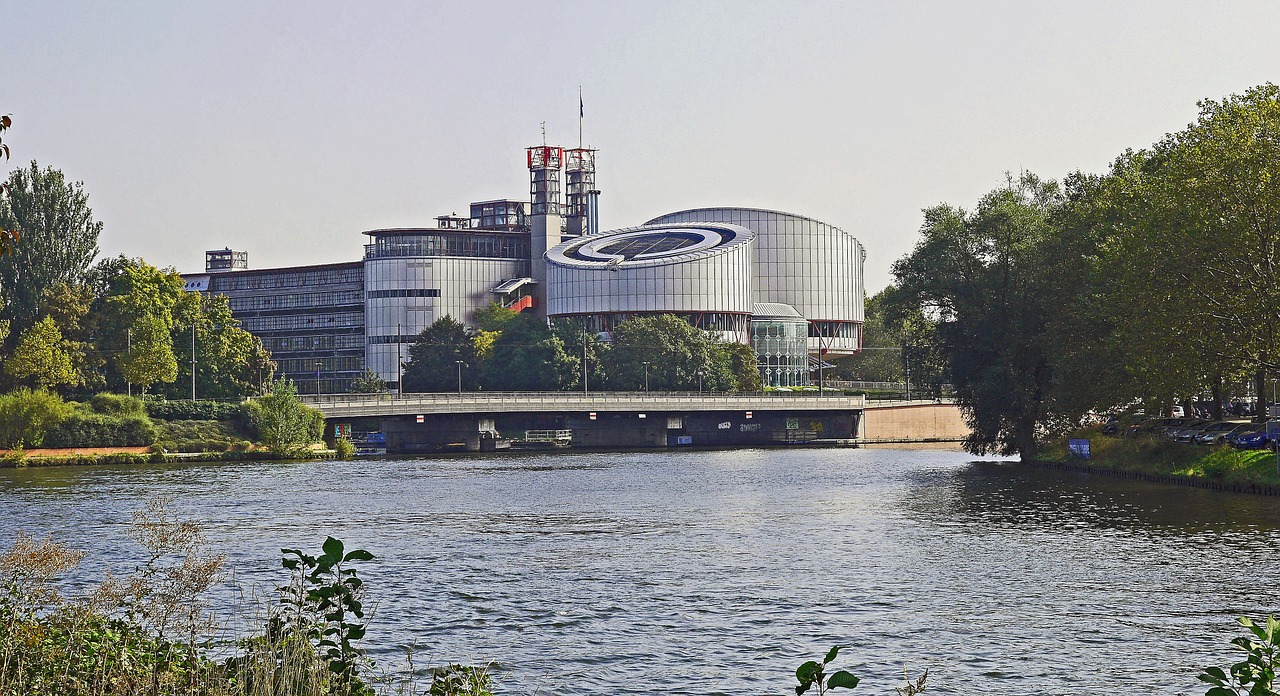ECtHR: Trainee lawyer beaten by Italian police after protest suffered violation of rights

A trainee lawyer who was mocked and beaten by police following an anti-globalisation protest in Italy in 2001 suffered a violation of his rights, the European Court of Human Rights has ruled.
Andrea Cioffi was removed by police from a hospital where he was being treated following violent clashes between police and demonstrators in Naples during the Third Global Forum on Reinventing Government.
He and others transferred from hospital to the police station were subjected to ill-treatment, including being made to walk through a hallway surrounded by law enforcement officers who took turns “slapping, kicking, tripping, spitting on and verbally abusing them”.
Mr Cioffi was beaten several times, including when on his knees with his hands behind his head. After identifying himself as a trainee lawyer and asking why he was being detained despite not being formally arrested, he was subjected to further physical abuse.
Police officers also referred to him derogatorily as “the little lawyer” (l’avvocatino) and was treated as a target for verbal abuse and threats.
The treatment of Mr Cioffi and others led to 31 law enforcement officers of different ranks being charged with offences including kidnapping, unlawful personal searches and inspections, destruction and damage of property, abuse of office, forgery, criminal coercion and bodily harm.
However, most of the proceedings were eventually discontinued as time-barred.
Mr Cioffi lodged an application with the European Court of Human Rights in June 2015.
Relying on Articles 3 (prohibition of inhuman or degrading treatment), 5 (right to liberty and security) and 13 (right to an effective remedy) ECHR, Mr Cioffi alleged, in particular, that he had been ill-treated while in police custody, and that the time-barring of those alleged offences meant they had gone unpunished.
In this week’s Chamber judgment, the court found that Mr Cioffi had been subjected to inhuman and degrading treatment by the police.
The court highlighted its previous judgment in Cestaro v. Italy, in which the court said statute-barring could prevent the punishment of those responsible for acts contrary to Article 3, such as torture and other types of ill-treatment.
This time-barring of offences in this case had prevented the establishment of criminal responsibility — and, if appropriate, punishment — for abuse that the Italian courts had already found to be factually established, the court noted.
It therefore concluded that there had not been an effective investigation by the Italian authorities into Mr Cioffi’s allegations, in order either to punish those responsible, or to deter future ill-treatment.
The court found that there had been a violation of Article 3 ECHR with regard both to Mr Cioffi’s ill-treatment by the police, and to the subsequent investigation.
As it had dealt with the main legal issues raised under Article 3, the court considered that there was no need to examine the admissibility and merits of the complaints under Articles 5 and 13.
Italy was ordered to pay €30,000 to Mr Cioffi in respect of non-pecuniary damage.








